

Indigenous Rights, Human Rights: It’s Time for the Declaration
Wednesday, March 16, 2022 | 12:00pm MST | Zoom Webinar
Register at: law.asu.edu/canby
Kristen Carpenter
Council Tree Professor of Law
Director, American Indian Law School
University of Colorado Law School
Kristen Carpenter is a Council Tree Professor of Law and Director of the American Indian Law Program at the University of Colorado Law School. Professor Carpenter served as a member of the United Nations Expert Mechanism on the Rights of Indigenous Peoples (EMRIP) from 2017-2021, as its member from North America. While serving at the United Nations, Professor Carpenter worked on human rights issues regarding Indigenous Peoples in all regions of the world. With colleagues at the Native American Rights Fund, Carpenter is now co-lead on “The Implementation Project,” an effort to realize the aims of the UN Declaration on the Rights of Indigenous Peoples in the United States. She is also a Supreme Court Justice of the Shawnee Tribe.
At Colorado Law, Professor Carpenter teaches and writes in the areas of Property, Cultural Property. American Indian Law, Human Rights, and Indigenous Peoples in International Law. She has published several books on these topics and her articles appear in leading law reviews. Professor Carpenter has served in various Associate Dean roles and as a founding member of the campus-wide Center for Native American and Indigenous Studies at CU-Boulder. In 2016 she was the Oneida Indian Nation Visiting Professor of Law at Harvard Law School. Professor Carpenter is an elected member of the American Law Institute and former member of the Federal Bar Association’s Indian Law Section Board. She is a graduate of Harvard Law School and Dartmouth College.
___________________________________________________________________________________________________________
The State Bar of Arizona does not approve or accredit CLE activities for Mandatory Continuing Legal Education requirement. This activity may qualify for up to 1 hour toward your annual CLE requirement for the State Bar of Arizona.
Questions? Contact ilp@asu.edu
This Zoom Webinar is free and open to the public.
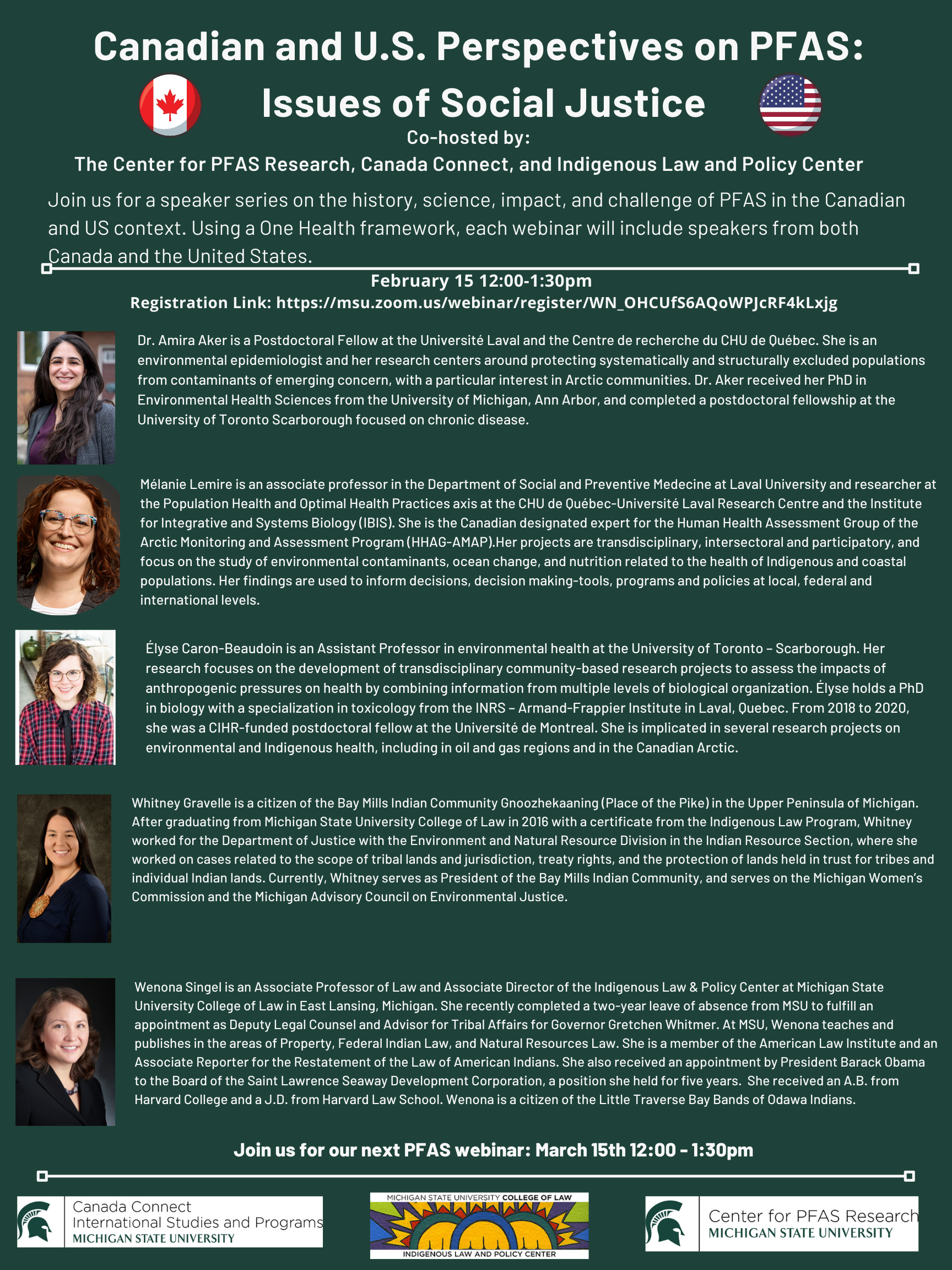
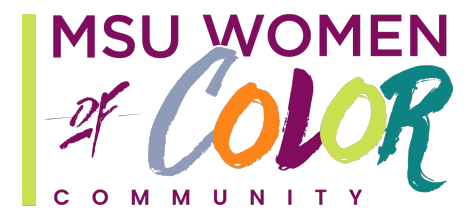
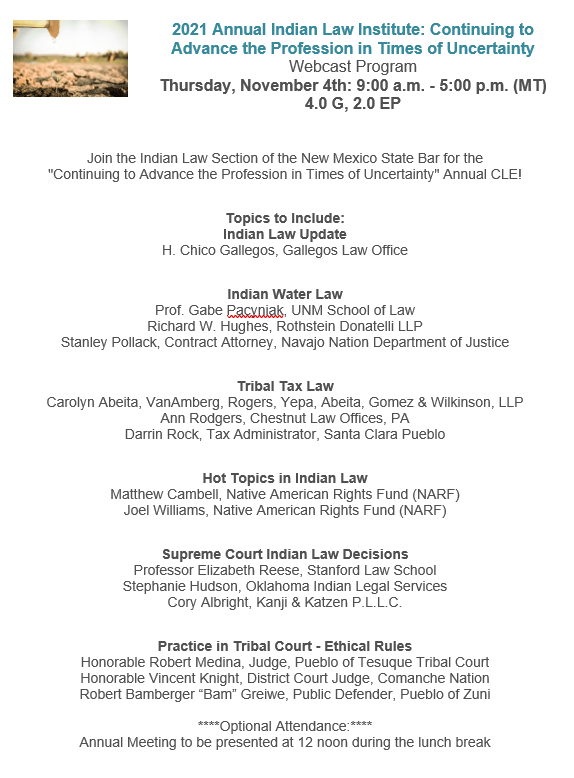
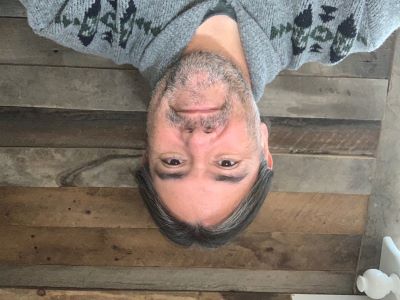
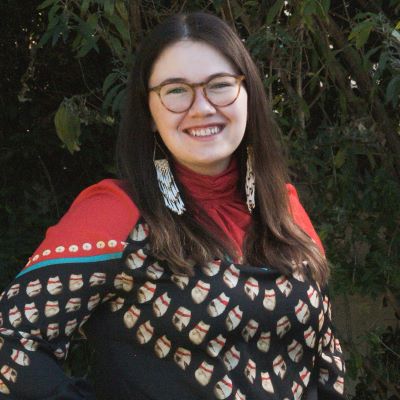
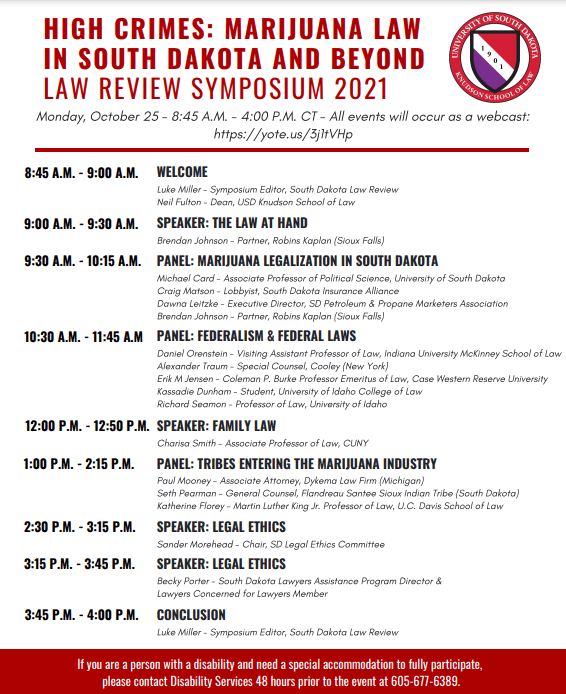



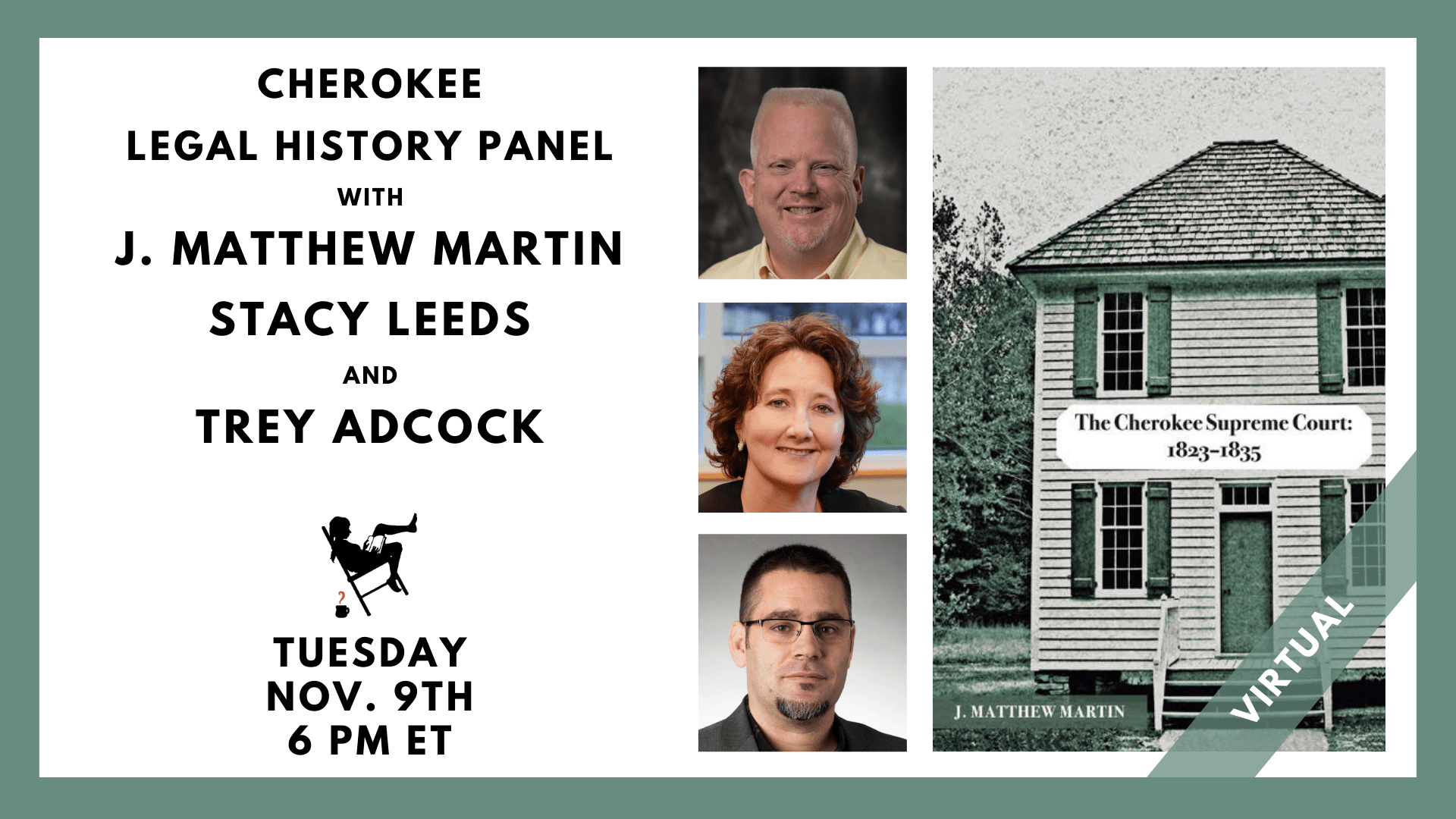

You must be logged in to post a comment.